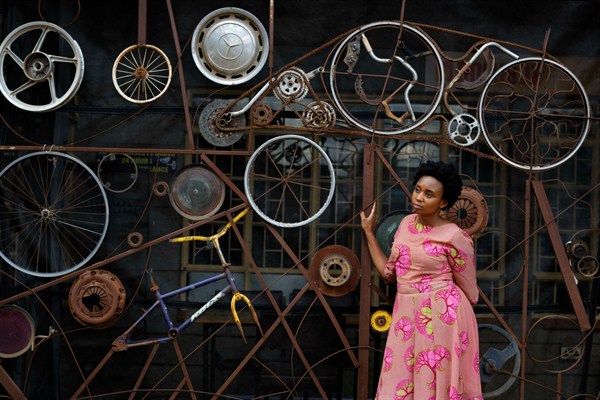Editor’s Note: Every Friday, WPR Senior Editor Robbie Corey-Boulet curates the top news and analysis from and about the African continent.
Ever since “Rafiki,” the latest film by the acclaimed Kenyan director Wanuri Kahiu, screened at the Cannes Film Festival in May, it has been widely praised by foreign critics and directors and even generated some Oscar buzz. But only in the past week have Kenyans been able to see it for themselves.
The film centers on a romance between two women. Ezekiel Mutua, chairman of the Kenya Film Classification Board, or KFCB, banned it domestically, saying it was an attempt by Kahiu “to normalize homosexuality.” Instead of accepting the ban, however, Kahiu challenged Mutua in court. In an in-depth report for WPR in July, Nanjala Nyabola wrote that this decision reflected “a heightened sense of activism within Kenya’s creative class.”

